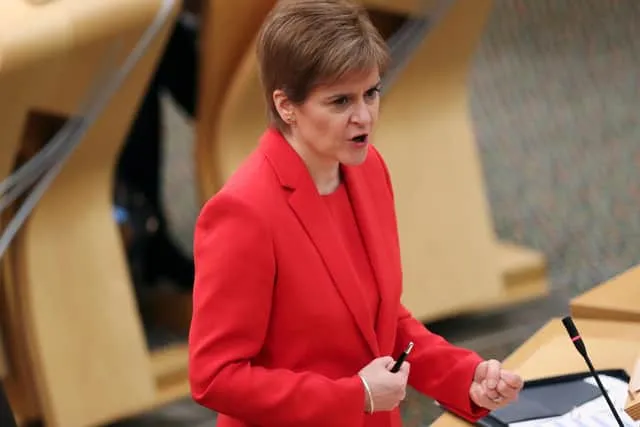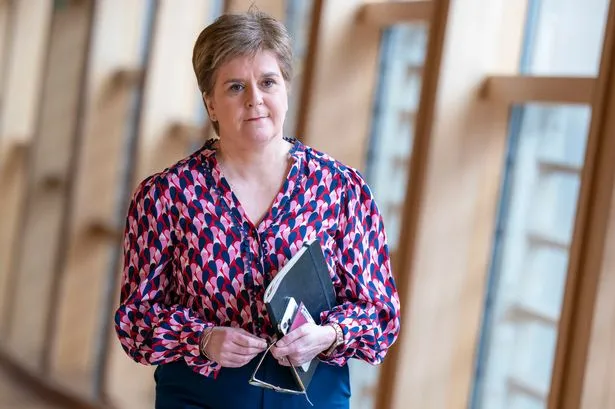Nicola Sturgeon, the Scottish First Minister, has asserted that her husband, Peter Murrell, took the correct decision in announcing his immediate resignation as the chief executive of the Scottish National Party (SNP), which she leads. Murrell’s decision to step down comes on the heels of allegations that the party’s ruling National Executive Committee (NEC) was contemplating a vote of no confidence in him. The controversy surrounding the SNP is a direct result of a row over the party’s membership numbers, which have been declining rapidly, sparking a heated debate within the party and outside it.
The decline in membership numbers has led to allegations of a cover-up, resulting in the resignation of the party’s media chief, Murray Foote. Murrell has been the party’s chief executive for over 20 years, during which time he has been widely praised for his role in leading the party to electoral successes. However, his resignation has been welcomed by some, who have questioned whether it is appropriate for the husband of the party leader to hold such a powerful position. Murrell’s decision to step down has been seen as a key step forward in the party’s efforts to regain trust and stability.
The SNP is currently in the midst of a leadership election, with several candidates vying for the top spot. The election has been marked by controversy, with some candidates raising concerns about the integrity of the process. The party’s president, Michael Russell, will take over the operation of SNP headquarters until a permanent replacement for Murrell is found. The resignation of Murrell has been widely covered in the media, with many commentators expressing support for his departure.
Scottish Labour deputy leader Jackie Baillie said that the resignation was a sign that the “wheels have fallen off the SNP wagon”, while Scottish Conservative chairman Craig Hoy MSP described the party’s leadership election as “brutal and shambolic”. The controversy surrounding the SNP has not only raised questions about the party’s internal dynamics but also about the broader state of Scottish politics. The party’s opponents have criticized its handling of the leadership election and its finances, with some calling for greater accountability and transparency.

Nicola Sturgeon (Via Nicola Sturgeon/Twitter)
As the SNP navigates this period of turmoil, it remains to be seen how the party will rebuild and regain public trust. The resignation of Murrell may mark a turning point for the party, but it will need to take significant steps to address the concerns and criticisms that have been raised if it is to regain its footing. The ongoing leadership election and the party’s efforts to rebuild its reputation will be closely watched by party members and the general public alike.
The controversy surrounding the SNP’s handling of membership numbers has sparked a wider debate about the party’s leadership and its ability to govern effectively. The party’s opponents have seized on the controversy to question its competence and integrity. The SNP’s leadership election has been marked by divisions and accusations of nepotism, which has further eroded trust in the party. The controversy has also raised questions about the party’s ability to govern effectively, particularly in light of the UK’s ongoing Brexit negotiations.
The resignation of Peter Murrell as the chief executive of the SNP marks a significant turning point for the party. The controversy surrounding his departure and the party’s membership numbers has raised serious questions about the party’s leadership and its ability to govern effectively. As the party navigates this period of turmoil, it will need to take significant steps to address the concerns and criticisms that have been raised if it is to regain its footing and rebuild public trust.











































